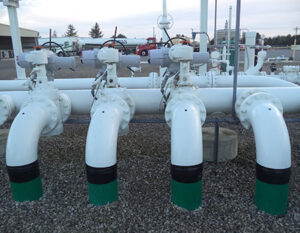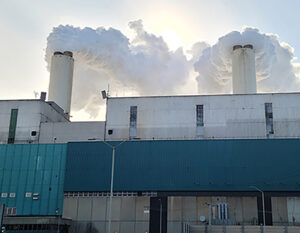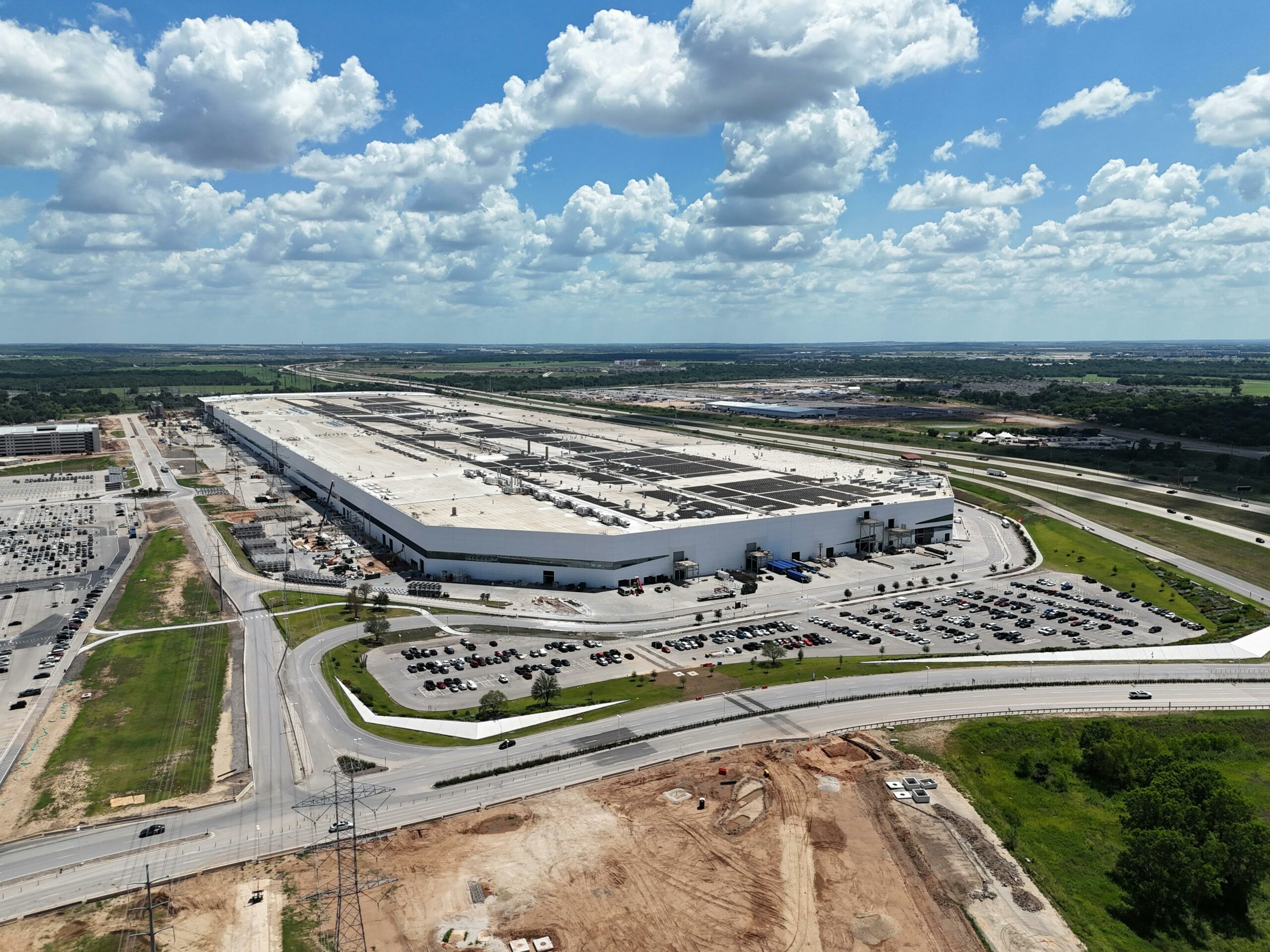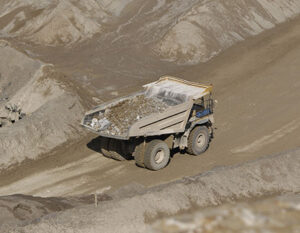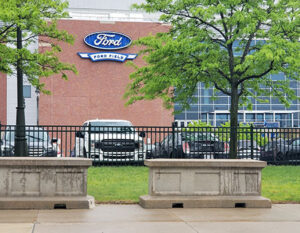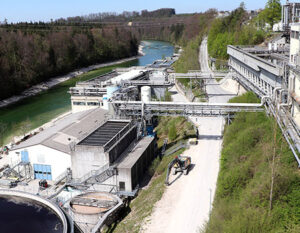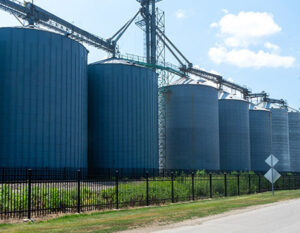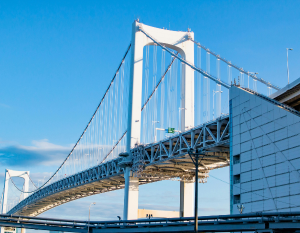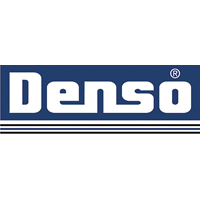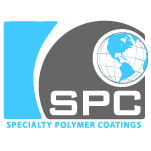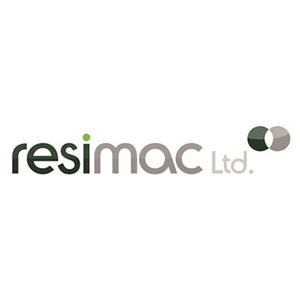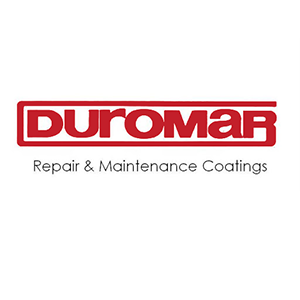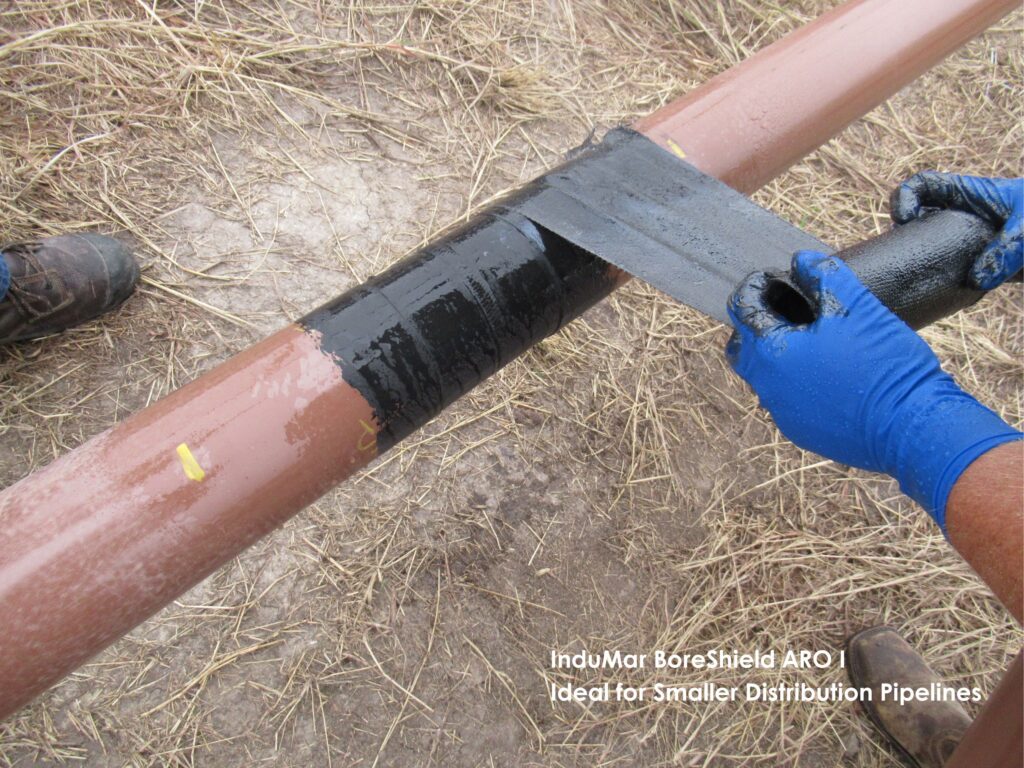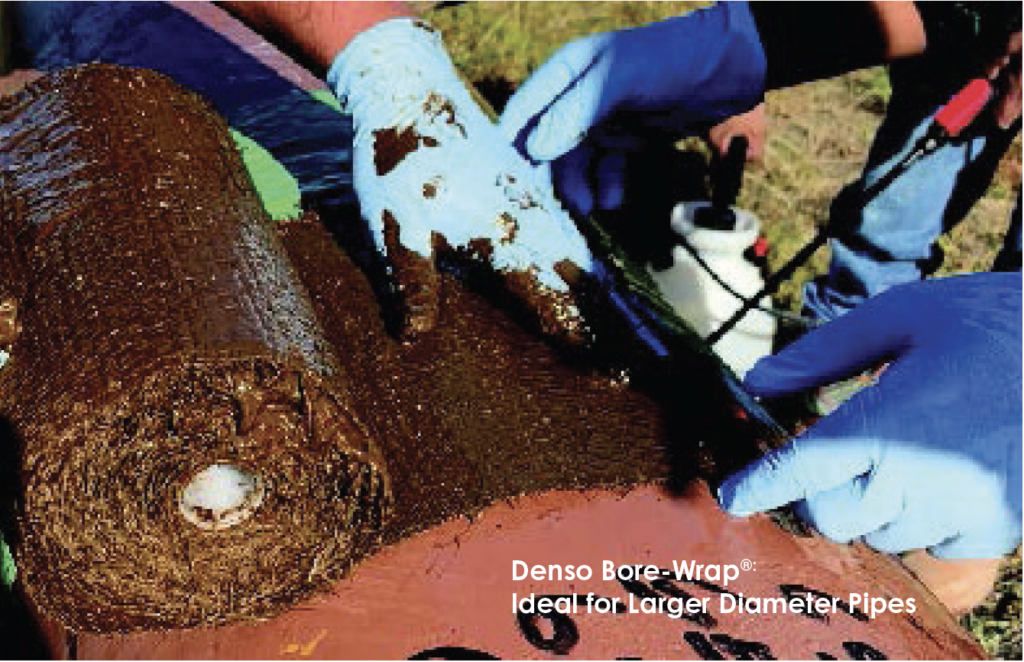
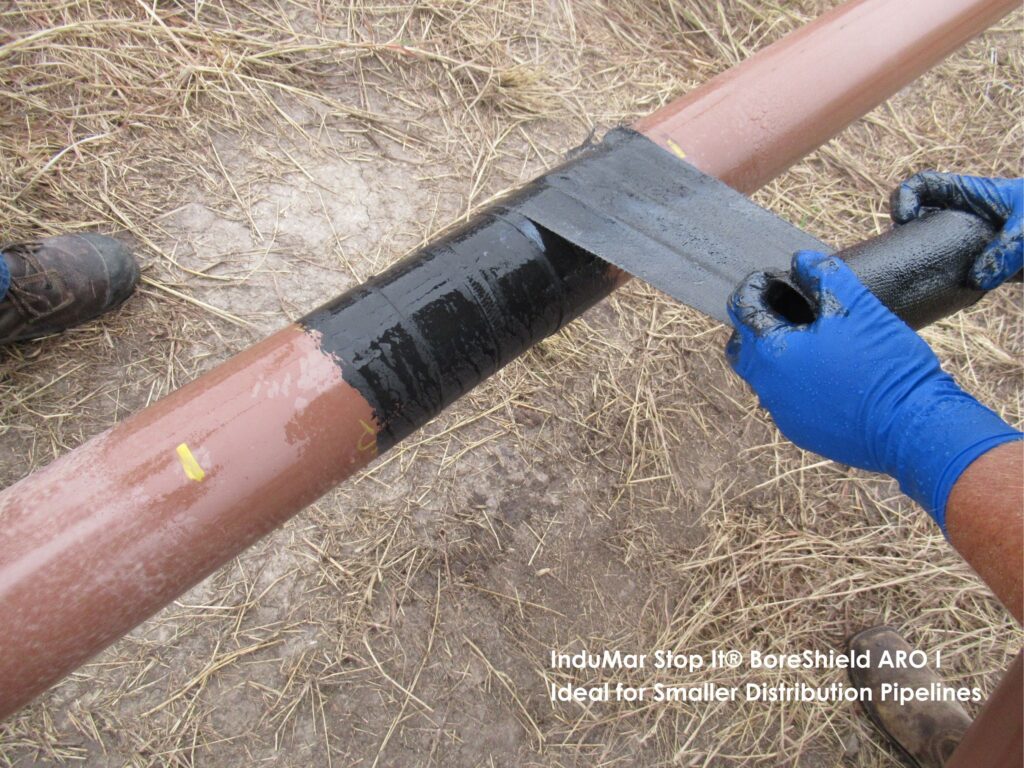
ABSTRACT
The use of horizontal directional drills (HDDs) is an ever-increasing pipeline installation technique. As HDDs increase, there is an increased probability for coating damage, even when coated with traditional mill or field applied abrasion resistant overcoat (ARO). This coating damage includes shear, abrasion, impact, and gouging (SAIG) (among others) and that damage may exist for the life of the pipeline due to an HDD being inaccessible for future maintenance. Ensuring the long-term quality and performance of the coating applied to pipe within an HDD is critical for the life of the asset.
Current subscale tests provide a good starting point for the ability of any given coating to provide protection from obstructions within an HDD, however, those test protocols do not currently assure or quantify additional mechanical protection currently mentioned in several ASME and ISO specifications. Therefore, there remains a need for a full-scale test alternative to provide qualitative shear, abrasion, impact, and gouging data for any given coating to be used in an HDD. The developed full-scale test alternative includes several features or obstructions that are engaged against the pipe/coating while mechanically pulling the pipe through the test cage. These features were designed to replicate the loading experienced within an HDD. The result of this test helps quantify the damage experienced. This is done through several quantitative assessments including holiday detection, gouge depth measurements, and shear disbondment. These results are then benchmarked against several commonly used mill applied coatings.
INTRODUCTION
As onshore pipeline rights-of-way become more congested and urban sprawl increases, the number of horizontal directional drills (HDDs) will likely increase. HDD is a trenchless pipeline installation method that requires drilling a larger pilot hole where the mainline pipe can be subsequently pulled through the drilled hole. However, HDDs have an increased probability for coating damage, even when coated with traditional mill or field applied abrasion resistant overcoat (ARO). This coating damage includes shearing, abrasion, impact, gouging, denting, tearing, bending, etc. and that damage may exist for the life of the pipeline due to an HDD being inaccessible for future maintenance. Therefore, there remains a need for a high quality, sacrificial overcoat to protect the underlying coating, both on the mainline and field joints. A representative photograph of coating damage occurring during an actual HDD. Gouging occurred along the length of the pipe, both to the FBE+ARO base coating and sacrificial overcoating.
SOURCE: David B. Futch; Ron Raphoon – Paper presented at the AMPP Annual Conference + Expo, Denver, Colorado, USA, March 2023.
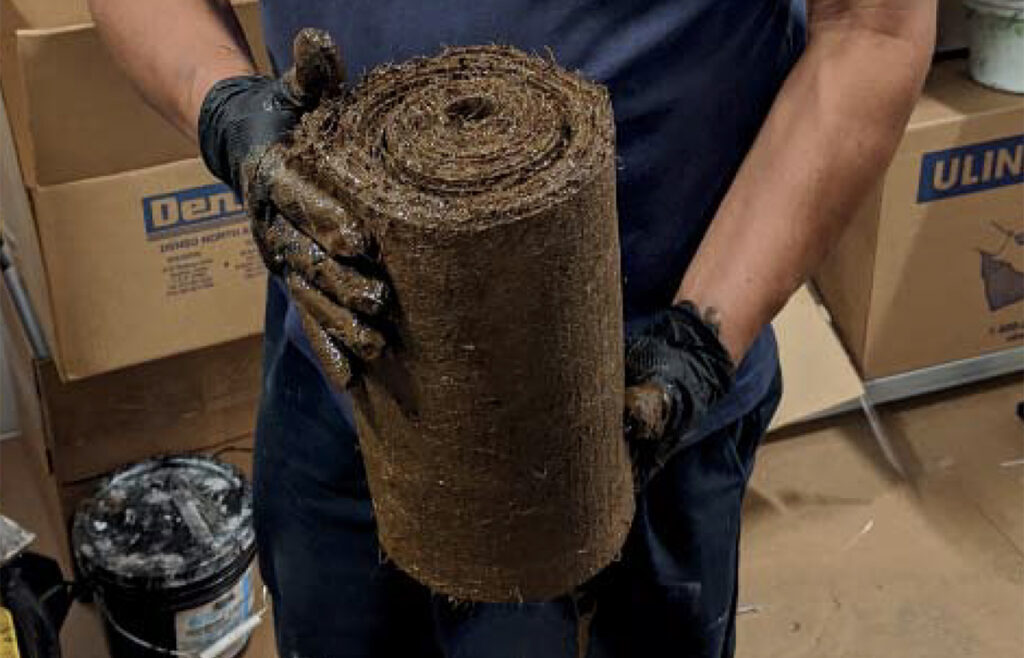
Denso Bore-Wrap®
(Ideal for larger diameter pipes)
Denso Bore-Wrap® is an Abrasion Resistant Outerwrap (ARO) that has excellent performance against impact, gouge, abrasion, and fracture to protect anti-corrosion coatings during pipeline installations in difficult terrain or by means of trenchless installation methods such as directional drilling, HDD or boring. Bore-Wrap creates an abrasion resistant, sacrificial outer laminate which protects pre-approved field joint coatings and mainline coatings such as epoxies, shrink sleeves, 3LPE, 3LPP and FBE.
InduMar BoreShield ARO I
(Ideal for smaller distribution pipelines)
The BoreShield ARO I system includes a strong fiberglass knitted tape, pre-coated with fast setting water-activated urethane resins. Installation simply involves wrapping the tape around the area in need of protection.
BoreShield ARO I can be installed by one person with no special tools or hot work, and provides for quick, in-field applications, regardless of weather conditions, pipe orientation, or local geometries. Recommended for use on pipes up to 48 inches in diameter.

